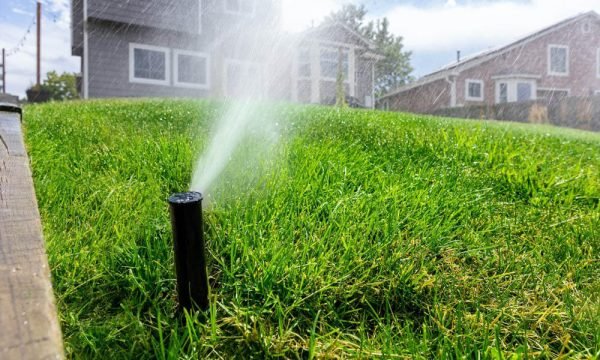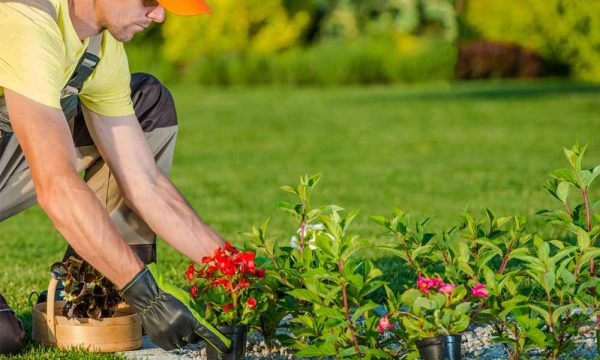Garden maintenance is a year-round undertaking, whether we are fond of clearing underbrush in the dead of winter or not. Despite the relative difficulty sometimes associated with keeping a garden neat and tidy, a great many of us take solace in the act of gardening. If you are new to garden ownership though, it can be easy to get carried away and risk harm in the process. What can you do to stay safe while gardening? Keeping yourself safe while gardening is as crucial as keeping your whole garden safe with fences and netting. Installing these simple yet efficient means of protection guarantees peace of mind and less work to do on your part.
Table of Contents
Tools
The biggest dangers in working on your garden present with the use of sharp and powerful tools – lawnmowers and strimmers for grass, saws, and hedge-trimmers for working with trees and bushes, or secateurs and hedge shears for the finer work. Tools like a leaf mulcher can also be helpful for managing garden debris, but care must be taken when operating them to avoid accidents.
As a general rule, keeping your tools in good working condition can meaningfully minimise the risk of suffering an injury while working. Blunt tools are more likely to stick in wood, and also more likely to leave ragged and nasty cuts should you accidently cut yourself. Properly sharpening and oiling your tools can also ensure they last longer without rusting – and hence reduce the likelihood of infection in the event of a cut.
Clothes
Keeping safe is not just about handling and maintaining your garden tools safely, though. The environment around you is also a hazard, including the climate. As such, you should dress appropriately for the work and for the weather.
In the summer, you might wear long-sleeved but breathable shirts to trap your sweat and shade you from the sun, as well as a hat to protect your face and neck. In the winter, you might wear a heated gilet to keep yourself comfortable during cold snaps. When directly undertaking gardening work, you should also consider wearing protective equipment: gloves whenever handling tools or waste material, a hard hat when removing tree branches, and knee pads for kneeling on the grass and soil.
Handling Chemicals
You may also come into contact with chemicals as part of your gardening work. Chemical pesticides might be used to reduce aphid presence in your flowerbeds, while chemical fertilisers can be used to boost growth in difficult soil or weather.
Chemicals can be irritant or even corrosive if not handled properly. You should ensure all chemicals are properly and safely stored in your shed, with labels for ease of identification and nitrile gloves to hand in order to handle them safely.
Rests and Breaks
Lastly, it is vital that you check in with your body and your own physical limitations when it comes to gardening. Gardening is an exertive activity, even if you are only undertaking light work; without giving yourself regular breaks to rest and hydrate, you run the risk of harming yourself. This in mind, you should stay mindful of the time while at work.





